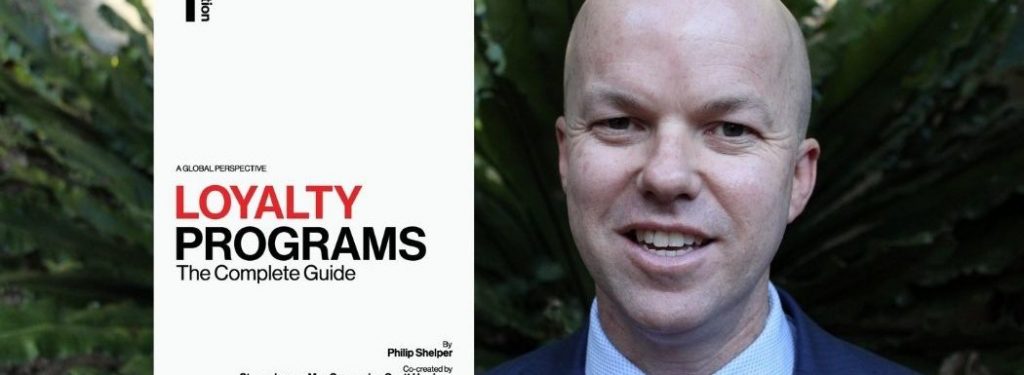
Roger Dooley is an author and international keynote speaker. (Since early 2020, he’s exclusively done virtual keynotes and remote workshops.)
His books include Friction: The Untapped Force That Can Be Your Most Powerful Advantage (McGraw Hill; named a Top 3 Management Book and Best Business book in strategy+business‘s annual list) and Brainfluence: 100 Ways to Persuade and Convince Consumers with Neuromarketing.
He writes the popular blog Neuromarketing and a column at Forbes.com. He is the founder of Dooley Direct, a consultancy, and co-founded College Confidential, the leading college-bound website. That business was acquired by Hobsons, a unit of UK-based DMGT, where Dooley served as VP Digital Marketing after the acquisition.
Dooley spent years in direct marketing as the co-founder of a successful catalog firm and also was director of corporate planning for a Fortune 1000 company. He has an engineering degree from Carnegie Mellon University and an MBA from the University of Tennessee.
Recently, Roger interviewed Philip Shelper about loyalty psychology. The interview covers the major consumer psychology theories used in loyalty programs to drive deeper member engagement. In his role as a loyalty consultant (and CEO of loyalty consulting agency, Loyalty & Reward Co), Philip uses these core psychological theories every day.
